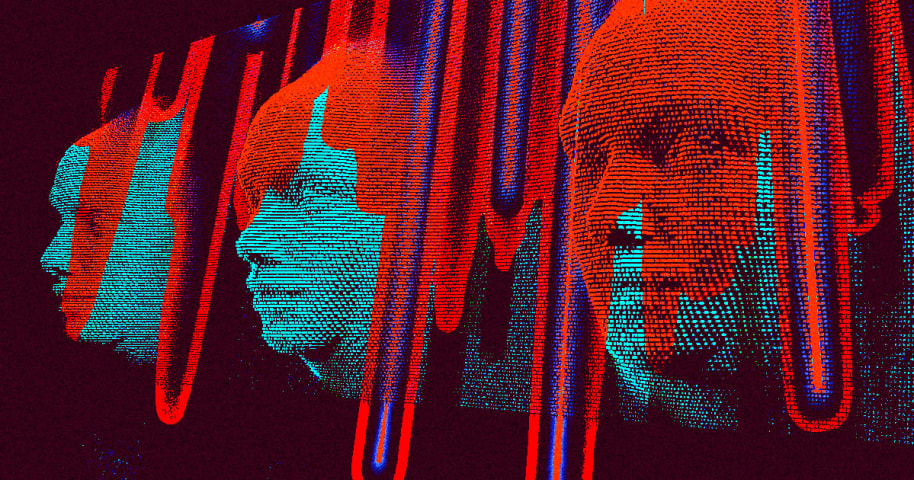Entities
View all entitiesCSETv0 Taxonomy Classifications
Taxonomy DetailsProblem Nature
Specification
Physical System
Software only
Level of Autonomy
Medium
Nature of End User
Amateur
Public Sector Deployment
No
Data Inputs
recorded video and audio
CSETv1 Taxonomy Classifications
Taxonomy DetailsIncident Number
95
AI Tangible Harm Level Notes
The merit in the AI system's assessment of candidate performance is arguable, and therefore flawed scores likely held back qualified candidates from employment opportunities.
Special Interest Intangible Harm
yes
Date of Incident Year
2019
Risk Subdomain
1.1. Unfair discrimination and misrepresentation
Risk Domain
- Discrimination and Toxicity
Entity
AI
Timing
Post-deployment
Intent
Intentional
Incident Reports
Reports Timeline

I. Summary
This complaint concerns a company that purports to evaluate a job applicant’s qualifications based upon their appearance by means of an opaque, proprietary algorithm. HireVue, a firm located in Utah, provides theses “assessments”…

An artificial intelligence hiring system has become a powerful gatekeeper for some of America’s most prominent employers, reshaping how companies assess their workforce — and how prospective employees prove their worth.
Designed by the recr…

A prominent rights group is urging the Federal Trade Commission to take on the recruiting-technology company HireVue, arguing that the firm has turned to unfair and deceptive trade practices in its use of face-scanning technology to assess …

But it’s still using intonation and behavior to assist with hiring decisions.
Job hunters may now need to impress not just prospective bosses but artificial intelligence algorithms too—as employers screen candidates by having them answer in…
Variants
Similar Incidents
Did our AI mess up? Flag the unrelated incidents
Similar Incidents
Did our AI mess up? Flag the unrelated incidents





